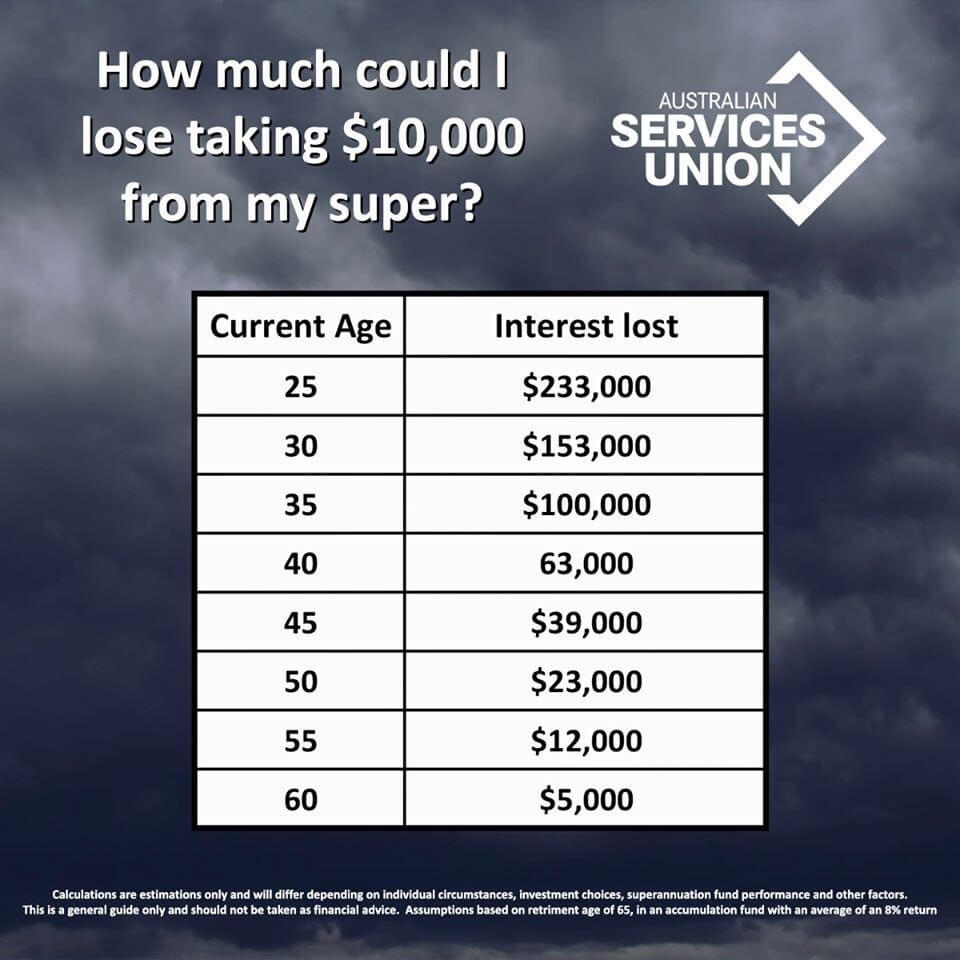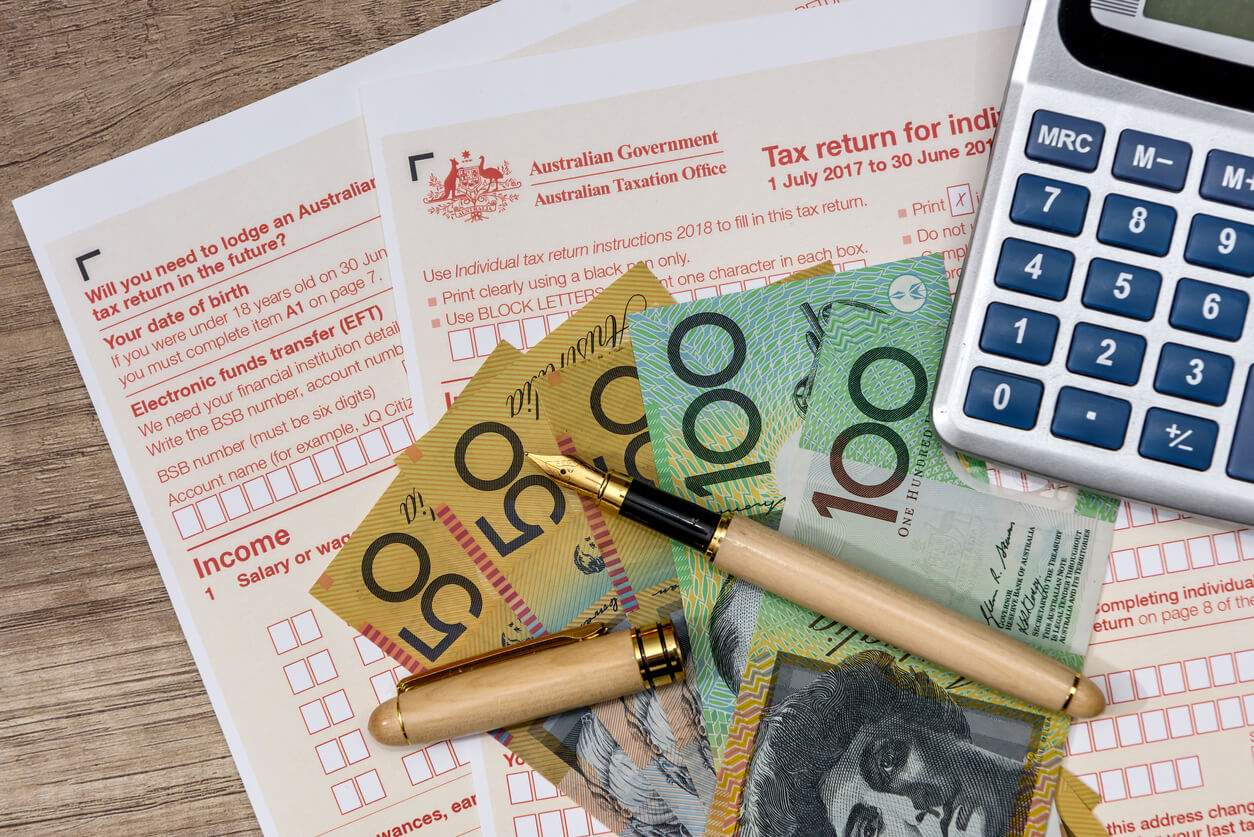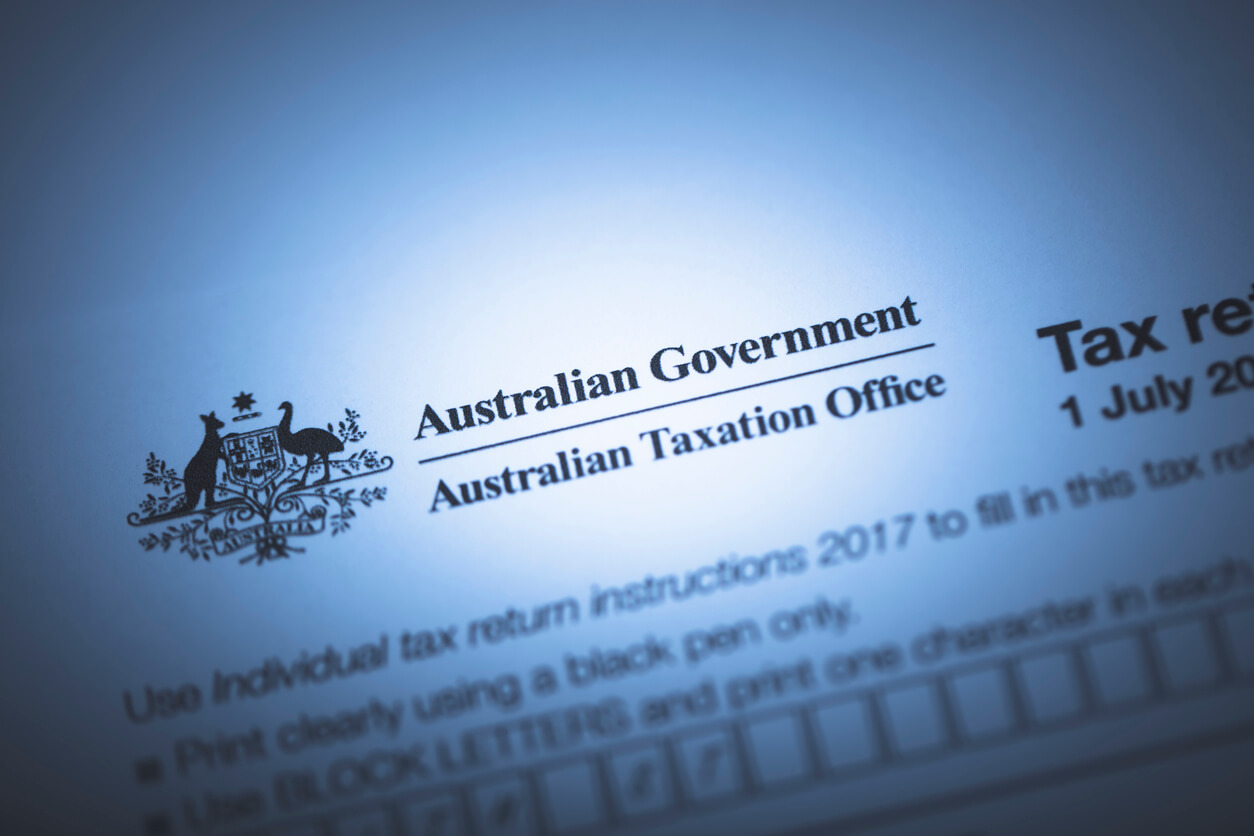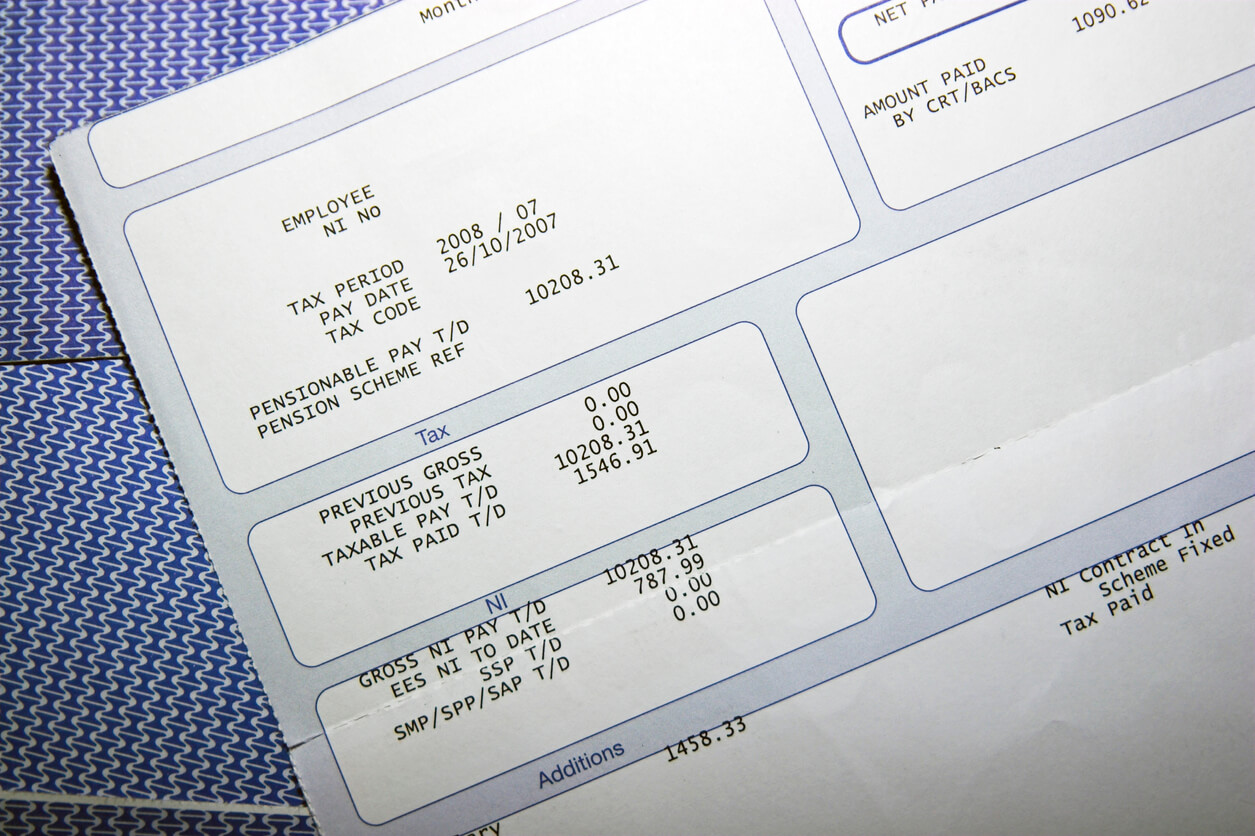The Federal Government has announced several initiatives to help guide businesses through shutdowns and restrictions during COVID-19. Although we’re petitioning for more to be done for the wedding industry, we’ve taken a look at what is available to businesses now. The majority of this information has been provided with the help of One Ledger Accountants, or otherwise sourced from government announcements.
This guide was published in March so make sure you keep on top of the latest government announcements to see whether more support is available.
Job Keeper Payments
On March 30, the Federal Government announced a $130 billion job keeper payment plan to help keep Australian’s in jobs.
The plan is a subsidy payment designed to help keep people in jobs while the economy slows down due to the coronavirus outbreak. It will be particularly beneficial for businesses who employ staff or who think they may need to shed staff to survive, but it can also apply to those who are self-employed.
The payment will be paid to employers, for up to six months, for each eligible employee who has been a staff member as of March 1, 2020. As long as that employee is retained or continues to be engaged by the employer, businesses will receive a $1,500 subsidy per employee per fortnight. This should be passed on in full to the employee (before tax).
To be eligible, employers must have an annual turnover of less than $1 billion and have lost 30 per cent or more revenue over a minimum one-month period (from March 1). Businesses with an annual turnover of more than $1 billion will be required to show a loss of 50 per cent or more revenue to be eligible.
The subsidy can be applied to full-time and part-time staff, casual works who have been with the company for at least 12 months, and self-employed workers.
Businesses can apply by registering intention via the ATO website. You can find more information here.
Tax Deductions
The government has made instant asset write-offs and accelerated depreciation available to businesses with a turnover of under $500 million.
The instant asset write-off is an immediate write-off of eligible assets purchased through your income tax return. This has been increased from $30,000 to up to $150,000 and can be claimed through that income tax return.
Your accelerated depreciation can also be claimed through your income tax return. You’ll be eligible to write off half the value of an asset, as well the normal balance depreciated as per normal depreciation rules.
Australian Tax Office
The ATO has put through several measures to support most businesses during this time.
Most businesses will be eligible for suspension of payment plans, deferral of payment time and start date for new payment plans. There hasn’t been an official announcement of this but it is available to many businesses with a view to renegotiating in July 2020. Compliance should be lodged on time to ensure your chances of renegotiating after July, if required, are high.
The ATO will also make it easier for most businesses to claim back GST. They can change quarterly instalment statements to monthly to make it easier for you to claim GST refunds when you need them.
All businesses will also be able to claim back prior company tax instalments. If you’ve paid tax for the year through instalments and want to reverse them because the coronavirus shutdowns mean you’re taking a loss, you can do this via your business activity statements.
Banks
Different banks are operating in different ways, so it’s important to chat with your bank to see what is available to you. Some banks will suspend business loan repayments for up to six months, lower interest rates, and even provide access to more funds for small business customers in need. Some customers are even being able to claim suspension on residential mortgages in extreme cases.
If you have equipment that is funded you might be able to chat with your provider to pause weekly or monthly repayments.
If you are a small to medium enterprise you may also be eligible for a guarantee scheme for 50% of unsecured loans. Some bank lenders are participating in the scheme which will be available for new loans from early April 2020 to 30 September 2020. Businesses with a turnover of under $50 million should be eligible for this so chat with your bank to find out more.
Employee Entitlements
If you have employees then you may be in luck because there are several measures designed to help businesses employ staff and keep people in work during this time.
Businesses or charities with a turnover of under $50 million who withhold tax for employees (PAYG) may be able to claim between $10,000 and $50,000 against the employee’s withholding tax. This would apply to 100% of withholding tax for March, April and May to a max of $50,000 for the entire period. Claiming is easy; it will be delivered automatically against your business activity statement and instalment activity statements for March, April and May.
There’s also an entitlement of an additional $50,000 against the employee’s withholding tax. Businesses and charities with a turnover of under $50 million who withhold tax for employees will be eligible for a credit equal to your previous stimulus. This will be delivered as a credit in four instalments over your June, July, August and September activity statements. The minimum stimulus payment will be $10,000.
Employers who have apprentices or trainees will also be able to claim up to $21,000. If you’re a small business who employ less than 20 full-time employees you should be eligible. You can register for the subsidy from early-April 2020 through an Australian Apprenticement Support Network (AASN) provider.
Payroll Tax
Those with employees may also be able to claim some payroll tax. The rules on these change for different states so make sure you’re across what you could be eligible for. Here are the states we know are currently participating.
New South Wales: Businesses up to $10 million in annual payroll will be exempt from payroll tax for the next three months. Payroll tax cuts for 2021 will also kick in early.
Victoria: Available to business with up to $3 million in annual payroll. Payroll tax paid for 2020 will be refunded automatically and waived for the remainder of the calendar year. You can also defer 2021 year payments until January 2021.
Australian Capital Territory: Available for businesses up to $10 million in annual payroll. Impacted businesses may apply for a six-month waiver of payroll tax. The ACT is also offering deferrals on payroll tax for 12 months.
Tasmania: Those who are also in the hospitality, tourism and seafood industries will automatically be eligible. For other businesses, you’ll need to apply to prove hardship, however, this is only available to those paying up to $5 million in payroll. Hospitality, tourism, seafood industries and businesses that can prove hardship can claim up to four months of payroll tax.
Superannuation
If you are a sole trader who has had your business suspended or a reduction in your turnover by 20% of more, you may be eligible to withdraw up to $10,000 from your superannuation.
This can be claimed from mid-April by making a declaration to the ATO through MyGov. However, make sure you chat with your superannuation provider and are aware of what impact withdrawing on your super will have in the long run.

Other Expenses
Depending on what state you’re in you may be able to claim other benefits for your business.
Victoria is waiving liquor licensing fees due this month for eligible businesses. Eligible small businesses in Victoria may also be able to have their 2020 land tax payments deferred.
The City of Melbourne will waive cafe and restaurant food registration fees for up to three months. These will also be waived for businesses in the ACT.
Make sure you keep up to date with your state government policies, regulations and offerings to see what you can use for your business.








